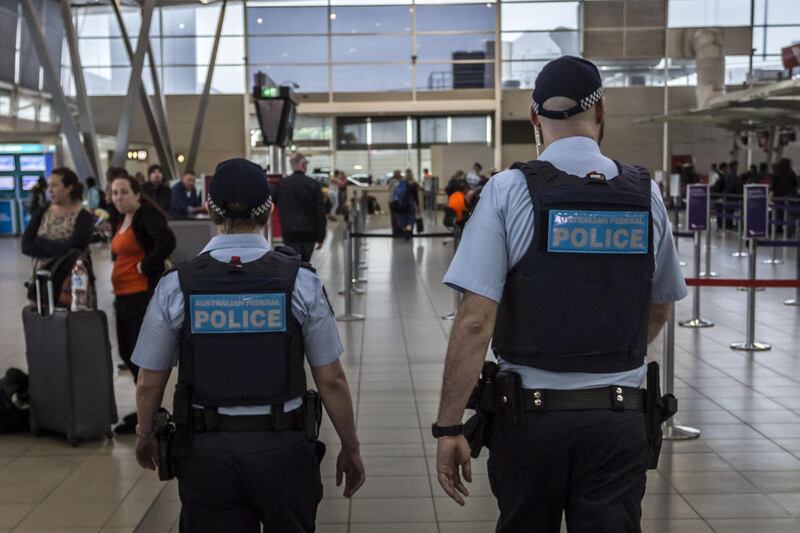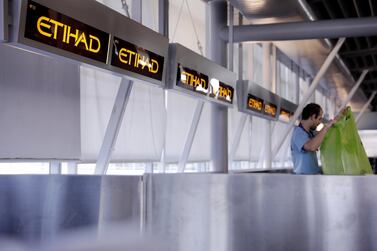The United Nations Office of Counter-Terrorism on Tuesday unveiled a computer-based system designed to detect the travel of would-be terrorist attackers and returning foreign fighters, with Sri Lanka and Iraq among the early signatories.
The software involved – called goTravel – relies on advance passenger travel information and is capable of analysing data and risk indicators to discover specific threats. Police, intelligence agencies or security forces can then use that information to stop suspected terrorists, track their movements across borders and eventually prosecute them.
The technology, donated by The Netherlands, will be made available to any country that signs up.
UN Secretary General Antonio Guterres said the programme, known as Countering Terrorist Travel, was part of an effort to address an estimated 40,000 foreign fighters from more than 110 countries believed to have travelled to join ISIS and other terror groups in Syria and Iraq, but who are now trying to return home or enter third countries.
“Many are well trained and could carry out future terrorist attacks,” he said at the UN headquarters in New York.
“Others hope to radicalise and recruit new followers to their cause. They represent a major transnational threat. Detecting and disrupting these terrorists and other high-risk criminals prior to them carrying out an attack is a high priority.”
The plan is aimed at countries that do not already have sophisticated passenger information systems and is not intended to replace existing intelligence networks such as the Five Eyes alliance that comprises Australia, Canada, New Zealand, Britain and the United States.
The goTravel system will also help detect and disrupt human trafficking networks and other forms of serious organised crime.
So far, 15 countries have joined or expressed interest, UN officials told The National. But it is anticipated that many others will join.
Tuesday's launch by the UN follows recent deadly militant attacks in Kenya, New Zealand and Sri Lanka.
A UN official, speaking on condition of anonymity, cited the example of David Headley, an American who confessed to helping plot the 2008 Mumbai attacks and was subsequently sentenced to 35 years in jail, as the kind of person the goTravel system aimed to detect.
He had attended terror training camps in Pakistan and then scouted locations for the attacks in Mumbai which killed 163 people. Headley was arrested in Chicago a year later and in 2013 was sentenced to 35 years in prison.
Although the programme will help countries collect, process and share travel data the administration and running of the passenger information units will be nationally controlled.
The software, which would normally have a market cost of between $10-15 million, will initially be used in aviation to build data on people and their travel patterns. If someone frequently travels to a conflict zone or a country of concern, they will be flagged by the system.
It is designed to allow for international cooperation but the software, data collected and any subsequent arrests would be administered by the respective national law enforcement agencies. It is also intended to be adapted for the maritime industries, where such prior travel information is provided.
The Countering Terrorist Travel Programme will be funded by India, Japan, Saudi Arabia, The Netherlands, and Qatar.
Although UN agencies will provide training and support to countries who wish to implement the system and embed it in their existing national security institutions but the data will be controlled by member countries.
At the launch event in New York, Amrith Rohan Perera, Sri Lanka's permanent representative to the UN, said his country was “grappling with a new form of terrorism” after the Easter Sunday attacks that rocked the country last month, and was grateful for UN assistance that aided its existing security infrastructure.
“As one of the first beneficiary states, it is with immense pleasure that we welcome such support,” he said of the goTravel software.
The UN Office of Counter-Terrorism will work in partnership with the International Civil Aviation Organisation and the UN Office on Drugs and Crime, in rolling out the Countering Terrorist Travel Programme.







